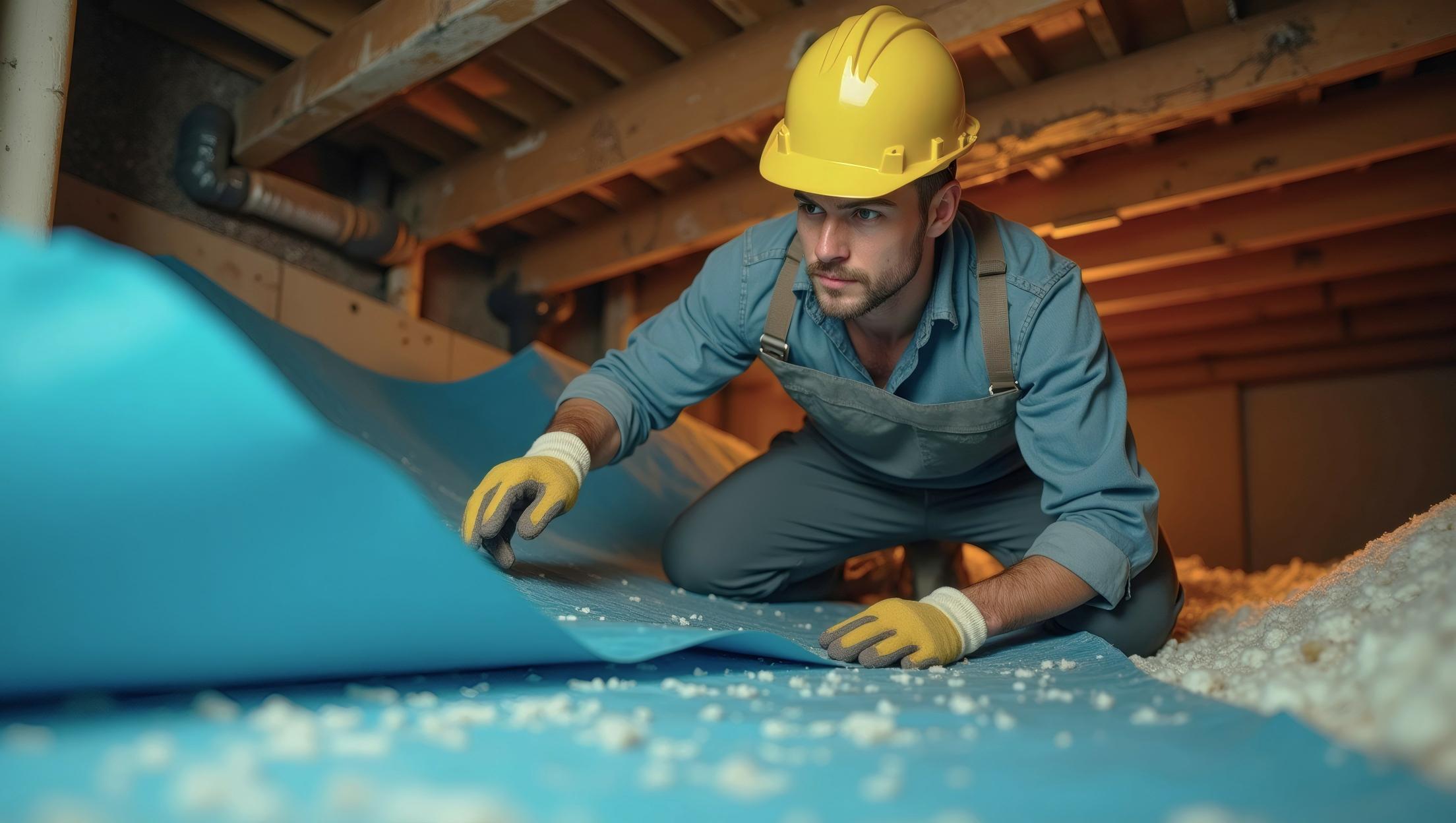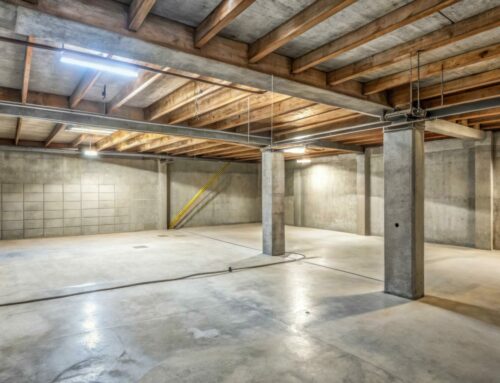Renovating your basement? Why not go green while you’re at it? Choosing eco-friendly options for your finished basement renovation can help you create a healthier home while reducing your environmental footprint. Plus, it can save you money in the long run!
In this guide, we’ll break down practical ways to make your basement remodel eco-friendly, from sustainable materials to energy-efficient upgrades.
Why Choose an Eco-Friendly Finished Basement Renovation?
Going green with your basement renovation isn’t just good for the planet—it’s great for your home too. Here’s why:
- Healthier Living Space: Eco-friendly materials often have fewer chemicals, making the air in your home healthier.
- Long-Term Savings: Energy-efficient choices can reduce your utility bills over time.
- Increased Home Value: Sustainable features are attractive to eco-conscious buyers.
Sustainable Flooring Options
The flooring you choose plays a big role in how eco-friendly your finished basement renovation turns out. Here are some top sustainable options:
- Bamboo Flooring: Fast-growing and renewable, bamboo is a stylish, durable choice.
- Cork Flooring: Harvested from the bark of cork trees, it’s sustainable, comfortable, and naturally resistant to mold and mildew.
- Reclaimed Wood: Using wood salvaged from old buildings adds character while reducing demand for new lumber.
- Recycled Tile: Made from recycled glass or ceramics, these tiles offer a unique look while keeping waste out of landfills.

Eco-Friendly Insulation Materials
Basements can be tricky when it comes to insulation, but going green can help both your wallet and the environment. Consider these sustainable options:
- Recycled Denim Insulation: Made from repurposed denim scraps, it’s a non-toxic, effective choice.
- Sheep’s Wool: Naturally fire-resistant and great for moisture control.
- Cellulose Insulation: Composed mostly of recycled newspaper, it’s affordable and effective.
- Spray Foam Alternatives: Look for low-VOC (volatile organic compounds) options to reduce chemical exposure.
Energy-Efficient Lighting Choices
Basements often need extra lighting, so why not choose energy-saving options?
- LED Bulbs: Use up to 75% less energy than traditional bulbs and last longer.
- Solar Tubes: Bring natural light into your basement through small rooftop openings.
- Dimmer Switches: Control light levels to save energy when full brightness isn’t needed.
Low-VOC Paints and Finishes
Did you know standard paints can release harmful chemicals into the air for months after application?
To keep your basement’s air quality safe, opt for:
- Low-VOC or No-VOC Paints: These paints have fewer harmful chemicals, making them better for your health.
- Milk Paint: A natural, biodegradable option perfect for a rustic touch.
- Natural Oil Finishes: For wood surfaces, look for linseed or tung oil instead of chemical-based sealants.
Eco-Friendly Furniture and Décor
The choices you make for furniture and décor can also support your eco-friendly basement renovation.
- Upcycled Furniture: Repurpose old pieces instead of buying new.
- Sustainable Materials: Look for furniture made from reclaimed wood, bamboo, or FSC-certified wood.
- Non-Toxic Rugs: Choose rugs made from natural fibers like jute, wool, or cotton.

Water-Saving Fixtures
If your finished basement includes a bathroom or wet bar, consider these water-saving options:
- Low-Flow Toilets: Use less water per flush without sacrificing performance.
- Water-Efficient Faucets: Aerators reduce water use without reducing pressure.
- Greywater Systems: Recycle water from sinks for non-drinking uses like flushing toilets.
Energy-Efficient Heating and Cooling
Basements can be tricky to heat and cool efficiently. Here’s how to stay comfortable while saving energy:
- Ductless Mini-Split Systems: Ideal for basements, they offer zoned heating and cooling without ductwork.
- Radiant Floor Heating: Provides consistent warmth underfoot using less energy than forced air systems.
- Programmable Thermostats: Adjust temperatures automatically based on your schedule.
Recycled and Reclaimed Building Materials
Consider using reclaimed materials in your basement build:
- Reclaimed Wood Beams: Add character while saving trees.
- Salvaged Brick or Stone: Great for accent walls or fireplaces.
- Recycled Glass Countertops: A unique, eco-friendly alternative to standard stone.
Smart Home Integration for Energy Efficiency
Incorporating smart home features can further boost the eco-friendliness of your basement renovation:
- Smart Lighting Systems: Automate lighting to reduce energy waste.
- Smart Thermostats: Optimize temperature control for better efficiency.
- Leak Detection Sensors: Prevent water waste and damage by catching leaks early.
Create Your Dream Green Basement
Choosing eco-friendly options for your finished basement renovation isn’t just a trend—it’s a smart investment in your home’s health, efficiency, and value. Whether you’re opting for sustainable materials, energy-saving upgrades, or reclaimed décor, every small step makes a difference.
Ready to make your dream green basement a reality? Hawthorne Finished Basements can help you design a stunning, sustainable space that feels good to live in and is kinder to the planet.
Contact us today to get started!





